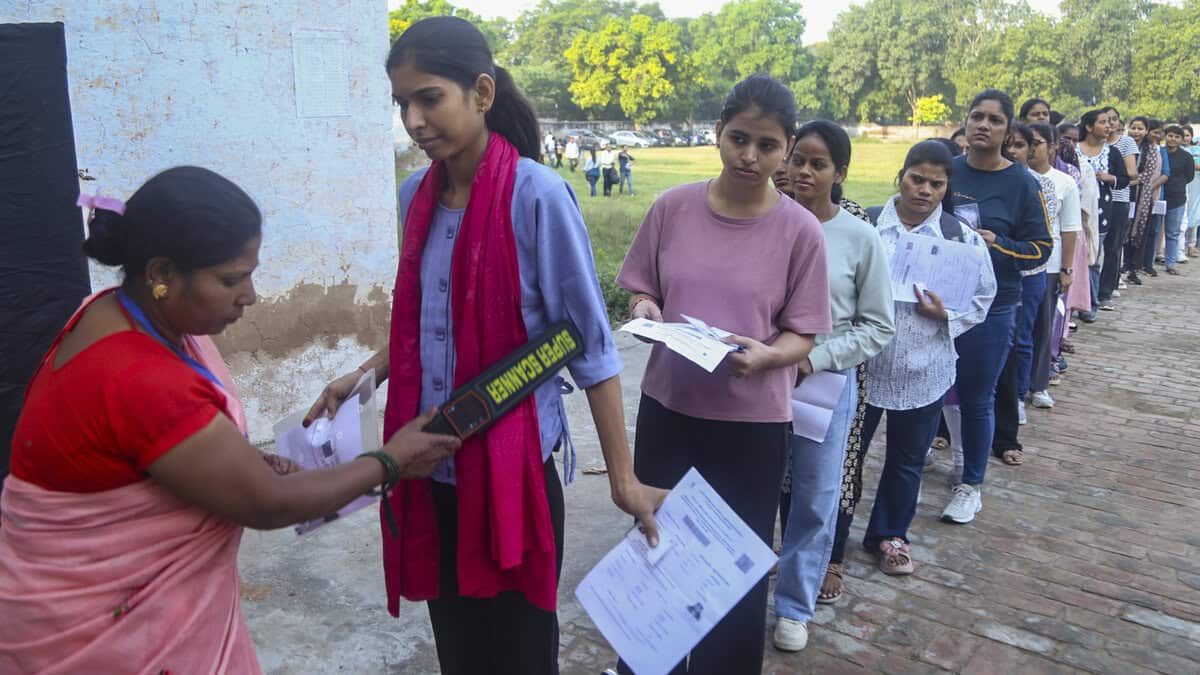GST registration is mandatory for businesses and trades with an annual turnover exceeding Rs 40 lakh. |
Street vendors, the lifeblood of daily trade, are the latest targets of GST demand notices for exceeding the Rs 40 lakh threshold in business transactions.
The Goods and Services Tax (GST) department recently issued a notice to a popular pani puri vendor in Tamil Nadu, alleging annual sales exceeding Rs 40 lakh. The vendor’s transactions were flagged through online payment aggregators RazorPay and PhonePe.
GST registration is mandatory for businesses and trades with an annual turnover exceeding Rs 40 lakh.
Earlier, a street vendor selling spicy kachoris in Aligarh, Uttar Pradesh, was raided by the GST department for allegedly earning Rs 60 lakh annually and evading taxes. Senior tax officials have accused roadside stalls of massive tax evasion by conducting cash transactions without GST registration.
The GST department has identified several hundred “millionaire” street food vendors, scrap dealers, fruit and vegetable sellers, small pharmacy shop owners, grocers, ragpickers, and sanitation workers who have allegedly been evading taxes for years.
While most street vendors operate with daily turnovers ranging from Rs 500 to Rs 10,000, some popular hawkers and food carts in India’s bustling “khau gallis” reportedly generate business worth several lakhs. “Vendors cater to 80% of the population and channel sales for small-scale industries,” said Shaktiman Ghosh, General Secretary of the National Hawker Federation, which represents over 1,200 street vendor unions across 28 states.
According to senior tax officials, India’s estimated four crore street vendors generate an economic turnover of Rs 8,000 crore daily. Increased adoption of digital payments has revealed significant underreporting of sales worth several lakhs.
In previous cases, tax authorities uncovered undeclared incomes of Rs 60 crore from a dozen street food vendors in Kanpur and Rs 28 crore from a group of hawkers in Hyderabad.
The Street Vendors (Protection of Livelihood and Regulation of Street Vending) Act, 2014, recognizes hawkers and street vendors as an essential and legitimate part of India’s urban retail trade. The sector represents 4% of the workforce and provides basic necessities to the general public.

















































